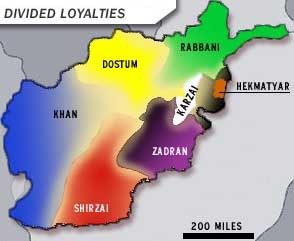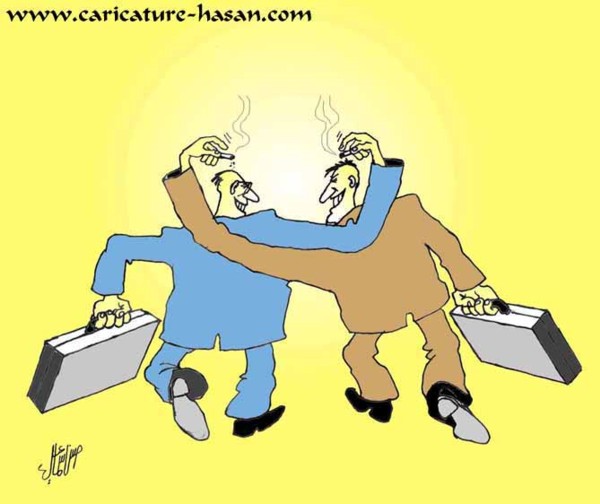
NOVEMBER 2005

According to the Asian Development Bank ***, Afghanistan’s GDP (excluding opium production) for 2004 was estimated at $5.4 billion. So, the election cost represents about 2.76% of the country’s GPD, and 24% of the government’s $609 million operating budget (2004 estimate). Scheduled at every five years, parliamentary elections will be a recurring expense. On top of this, Afghanistan is still a pauper nation, and its government depends on handouts from the international community in order to function. Free elections in Afghanistan are dependent on the continued generosity of the outside world.
The election also exposed a fault line in Afghani society. Illiteracy is so pandemic that candidates were identified by symbols or pictures. The ballot for Kabul was reported to be seven pages long. Many voters were also confused as to who they were voting for.
The literacy rate begs the question as to whether or not Afghanis are an informed enough electorate to make the kind of choices that we expect in Western-style democracies. Or will voting blocs fracture around ethnic and tribal lines?

And the elections are bringing something new to Afghani society: political campaigns. Candidates were officially limited to spending $15,000 (aprox. 641,550 Afghanis, a lot of money) on their campaigns, but how long will it take, if it hasn’t already, before “soft money” creeps into the Afghani electoral system?
Afghanistan is a cross-roads of competing ideologies and interests. Iran, India, Pakistan, China, the other ‘stans, the US, and the international community all have different ideas of what Afghanistan should look like politically. And don’t forget the Taliban and Al Qaeda’s continuing influence. They have money too. And opium production adds another estimated $2.8 billion a year to the Afghani economy so narco-trafficers represent a powerful “lobby” as well. How will these interests influence future elections, and are the Afghani people politically savvy enough to understand what is happening? And is the US smart enough diplomatically to prevent outside influence from interfering with its desired endstate for Afghanistan?
Democracy is beginning to take root in Afghanistan, but its hold in tenuous at best. The US needs to get beyond the backslapping, congratulatory phase of this struggle and start focusing on what it will take to sustain democracy in Afghanistan. We tend to by myopic on issues like this, and without a long-term agreed upon strategy for continued democratization, we will eventually fail. How long until the politicians decide that it is too expensive to bankroll Afghani elections while we area paying for other long-term expenses like the rebuilding of New Orleans?
There are some key issues that need to be addressed in any plan.
First is the long term financial support and economic development of Afghanistan. Afghanistan doesn’t need to live paycheck to paycheck on international aid. Perhaps we need to establish some kind of trust with the goal of financing Afghani elections for at least a generation. This needs to be coupled with economic development that weans Afghanistan off foreign aid.
Second, the long-term education level of the people needs to be addressed. The coalition is already doing great work by building schools, but we need to insure that we help create and educated, media savvy middle class as well. This means more things like university exchange programs or perhaps even an American University in Kabul. Another part of this is helping create a media system that is independent of tribal and ethnic lines.
And finally, the US people and our political leaders need to understand what’s at stake and the burdens that we signed ourselves up for by invading Afghanistan. Collin Powell’s “Pottery Barn” rule remains in effect. The political winds of this country may blow right or left, but that does not need to impact Afghanistan’s long-term stability.
***Note: Estimates of the AFG GDP vary greatly, and I’m no economist. The CIA fact book has the GDP at $21.5 billion. The Asian Development Bank’s figures seemed to be more in line with other estimates so I went with their numbers. I am fully prepared to be “fisked” by all you financial gurus out there.
alexandertheaverage.blogspot.com
posted by Kris Alexander
